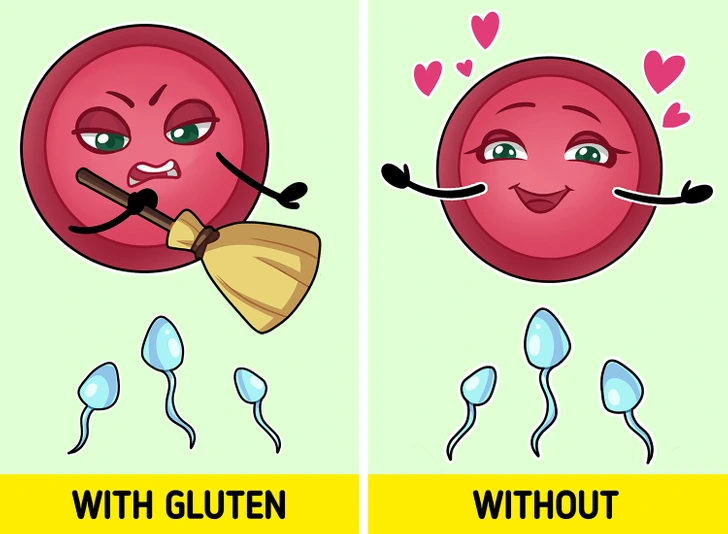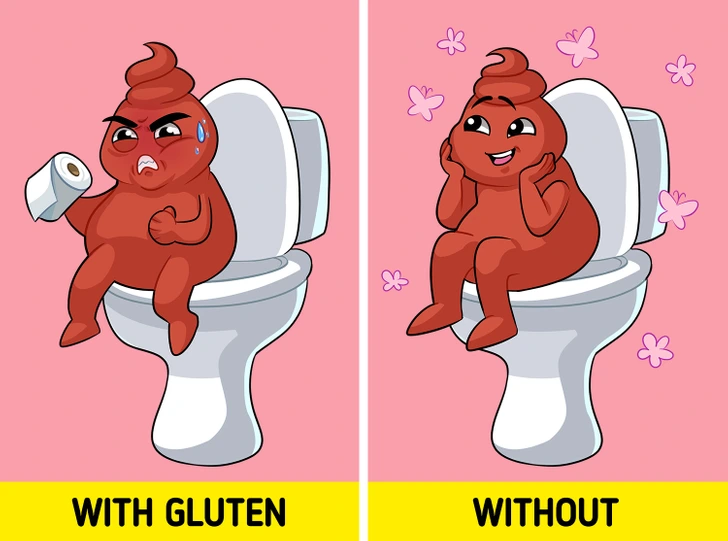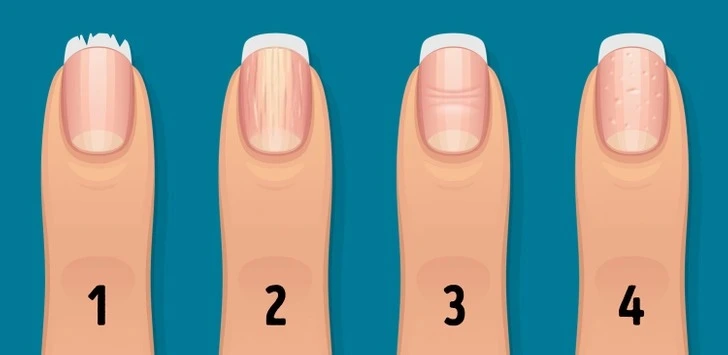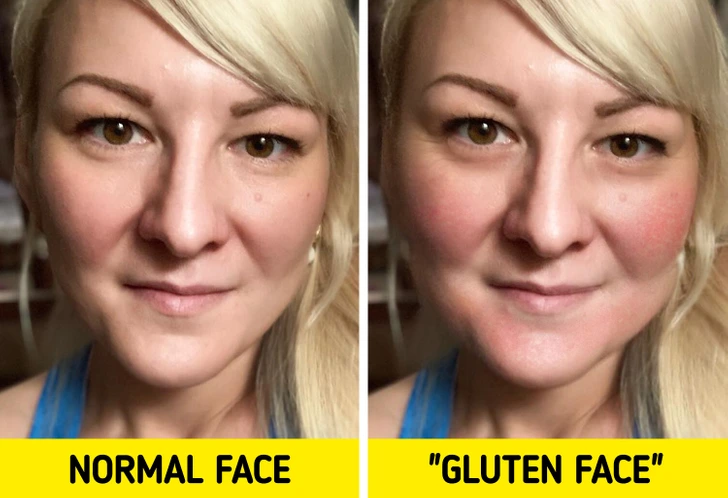Gluten is often referred to as a hidden danger due to its potential to cause long-term harm to the body. Many people may not even realize that their health issues are linked to gluten consumption. For this reason, it’s crucial to determine whether your body has a gluten intolerance.
1. You may have trouble conceiving

Gluten may be the reason for unexplained infertility, scientists claim. One of the reasons why some women cannot conceive may be due to their gluten sensitivity, and they may never assume they have it until they get tested for it. Studies have also found that gluten intolerance may be to blame when it comes to miscarriage.
2. Unexplained weight changes

Gluten intolerance can lead to both weight loss and to weight gain for no apparent reason. This happens due to inflammatory processes at the cellular level and metabolic disorders. A sudden change in weight may accompany other unpleasant diseases. But it can be related to gluten intolerance if it’s accompanied by other symptoms of malabsorption.
3. Problems with the gastrointestinal tract

Symptoms are mainly associated with the intestines: nausea, bloating, diarrhea, abdominal pain, and even constipation. People often associate these symptoms with other diseases. And the patients are mistakenly diagnosed with irritable bowel syndrome (IBS). Studies confirm that 10-15% of the world population suffers from IBS. But this diagnosis can lead to people with gluten sensitivity who don’t receive proper treatment so the symptoms don’t disappear.
4. Problems with the central nervous system

Gluten increases inflammation and permeability of the intestine. As a result, the symptoms of gluten sensitivity can include problems with concentration, depression, anxiety, insomnia, and fatigue. Some people with gluten intolerance experience irritability and feelings that they easily lose their train of thought and have poor concentration.
According to information gathered from a study, people with gluten intolerance are more prone to migraines than other people. The causes of headaches can be very different. A person who is allergic to gluten can experience a headache 30-60 minutes after eating.
5. ADHD

Another disorder that may be associated with gluten intolerance is attention deficit hyperactivity disorder. ADHD can manifest in both children and adults. People with this disorder have a short attention span and problems with self-control. A gluten-free diet can help reduce the symptoms of ADHD.
6. Skin and nails problems

Hair keratosis and herpetiform dermatitis are 2 skin conditions directly related to gluten intolerance. The symptoms include itchiness and rashes that can appear on your hands, torso, face, buttocks, elbows, and hairline. Another symptom is weakened and brittle nails. Other skin irritations like mimic eczema can signal gluten-induced blockage.
7. Poor condition of the oral cavity

In case of gluten intolerance, absorption of the necessary elements and minerals in the intestine is impaired. This also applies to calcium. The result can be problems with the teeth and oral cavity: hypersensitivity of the enamel, tooth decay, cavities, and ulcers of the mucous cavity. If you take good care of your teeth, but still notice some issues, the reason may be caused by your gluten consumption.
8. Iron deficiency anemia

Very often, Celiac disease is diagnosed because of iron deficiency anemia. Its symptoms include reduced blood volume, fatigue, shortness of breath, headaches, pallor of the skin, mucous membranes, and even arthritis. Iron is poorly digestible since, with gluten intolerance, there’s an impairment of iron absorption in the intestine.
9. You have a “gluten face.”

Gluten face is when we see puffy red cheeks, dark pigmentation patches, or spots around the chin in the mirror. Sometimes, a person who is sensitive to gluten may experience facial flushing, which may be the result of a sudden drop in blood pressure, and scientists link it to a gluten allergy.
How to treat gluten sensitivity?

1. Get tested. Your doctor will take a blood sample and check it for antibodies that are usually present in the blood of people with Celiac disease. Before the examination, you need to include gluten in your diet as this will help to avoid inaccurate results.
2. Eliminate gluten from your diet. It’s contained in:
- Wheat;
- Rye;
- Bulgur;
- Flour;
- Semolina;
- And in a number of other foods.
Always check the composition of the product. Give preference to products which contain the label “gluten-free.”
Our body is a complex organism and sometimes signals that something is wrong in less obvious ways. That’s why it’s so important to pay attention to the signals your body sends. Here’s a useful article on why sleeping under a weighted blanket can be beneficial.
